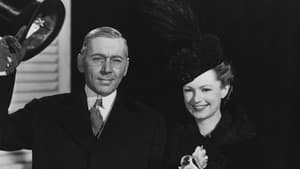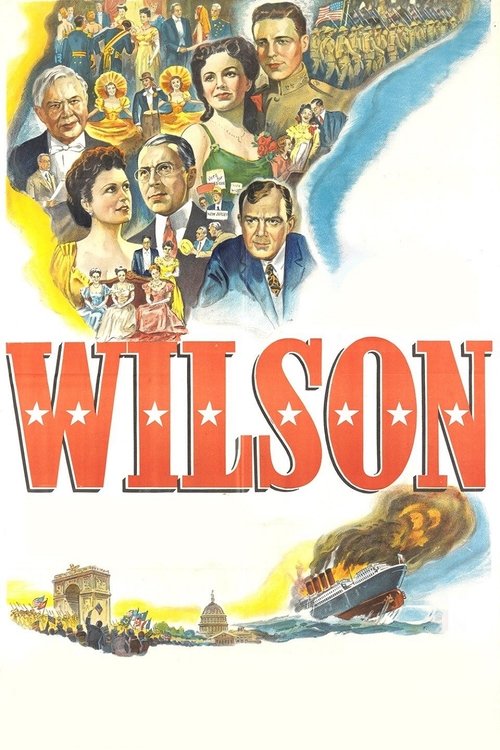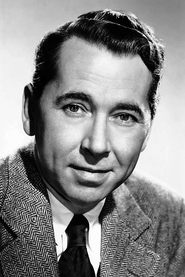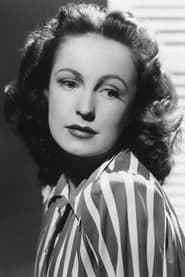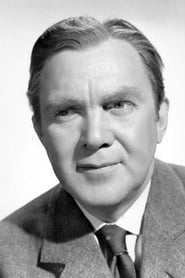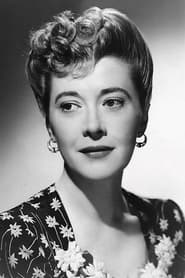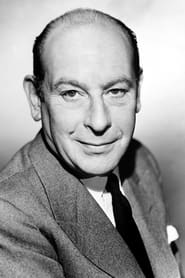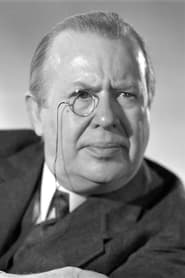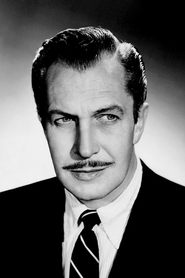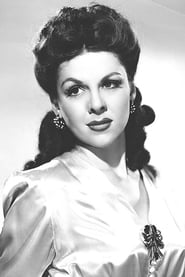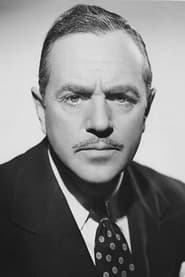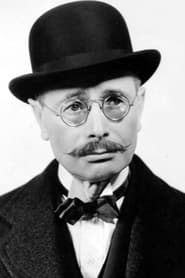Cast
View AllAlexander Knox
as Woodrow Wilson
Geraldine Fitzgerald
as Edith Bolling Galt
Thomas Mitchell
as Joseph Tumulty
Ruth Nelson
as Ellen Wilson
Cedric Hardwicke
as Senator Henry Cabot Lodge
Charles Coburn
as Professor Henry Holmes
Vincent Price
as William Gibbs McAdoo
William Eythe
as George Felton
Mary Anderson
as Eleanor Wilson
Ruth Ford
as Margaret Wilson
Sidney Blackmer
as Josephus Daniels
Madeleine Forbes
as Jessie Wilson
Stanley Ridges
as Dr. Cary Grayson
Eddie Foy Jr.
as Eddie Foy
Charles Halton
as Colonel House
Crew
Director
- Henry King
Writer
- Lamar Trotti
Producer
- Darryl F. Zanuck
Reviews
CinemaSerf
Had they been contemporaries, one might be forgiven for thinking that Daryll F. Zanuck owed Woodrow Wilson quite a sum of money. The 28th President could hardly have written a more favourable biopic, had he penned it himself. Oscar nominated Alexander Knox is superbly cast, though, in this depiction of the rise of the academic, principled fellow to the White House. Insofar as history in concerned, however - it is pretty factually "loose", somewhat fanciful, and though an interesting assessment of America's leader during the latter stages of WWI - clearly a man of ideals and vision - the only thing it doesn't credit him with is the invention of the wheel. The production looks terrific. especially at the beginning when we are exposed to the hustings of his gubernatorial and then presidential campaigns, when the film is lively and energetic (assisted ably by Alfred Newman's score). Once ensconced in office, the pace slows to that of a snail in a bowl of treacle, and the melodrama of his rather tragic personal life ensures the story just becomes quite dull - more of a rose-tinted chronology. Brief interventions from Sir Cedric Hardwicke as arch-opponent Senator John Cabot Lodge help occasionally, but this is essentially a kindly, very long, retrospective on a man that is pretty much entirely intended for domestic, and sympathetic, consumption.
Jun 30, 2022
Thematic Analysis
As a dramatic work, Wilson examines complex human relationships and emotional struggles against the backdrop of a period setting that reflects societal issues of its time. The character development particularly stands out, offering viewers a chance to reflect on their own life journeys.
Director Henry King brings their distinctive visual style to this film, continuing their exploration of themes seen in their previous works while adding new elements. Their approach to character development and emotional depth creates a viewing experience that rewards close attention.
Released in 1944, the film exists within a cultural context that now offers viewers historical perspective on the social issues of that era. Its reception demonstrates the diverse reactions to its artistic choices and its place in cinema history.
Did You Know?
- The production of Wilson took approximately 15 months from pre-production to final cut.
- With a budget of $3.0 million, the film represented a significant investment in bringing this story to the screen.
- The final cut of the film runs for 154 minutes, though the director's initial assembly was reportedly 192 minutes long.
- The screenplay went through 7 major revisions before the final shooting script was approved.
- The film contains approximately 1118 individual shots.
- The cast underwent specialized training for 7 weeks before filming began.
Historical Context
- In 1944, when this film was released:
- The Cold War was intensifying, influencing global politics and culture.
- Television was becoming a dominant form of home entertainment.
- The film industry was dominated by major studios, with independent cinema still in its early development.
How This Film Stands Out
While Wilson shares thematic elements with other films in its genre, it distinguishes itself through its unique approach to storytelling, visual style, and character development.
Unlike Charlotte, which focuses more on action than character development, Wilson offers a fresh perspective through its innovative visual language and narrative structure.
While films like Il Divo and Che: Part Two explore similar territory, Wilson stands apart through its deeper exploration of its central themes and more complex characterization.
This film's unique contribution to cinema lies in its bold artistic choices and willingness to challenge viewer expectations, making it a valuable addition to its genre.
Details
- Release Date: August 1, 1944
- Runtime: 2h 34m
- Budget: $2,995,000
- Revenue: $2,000,000
